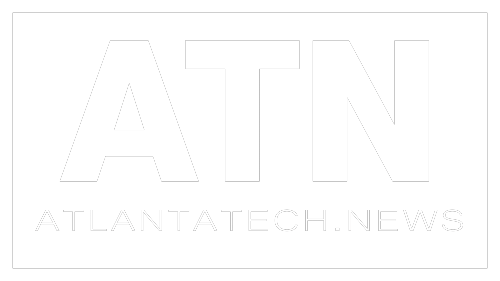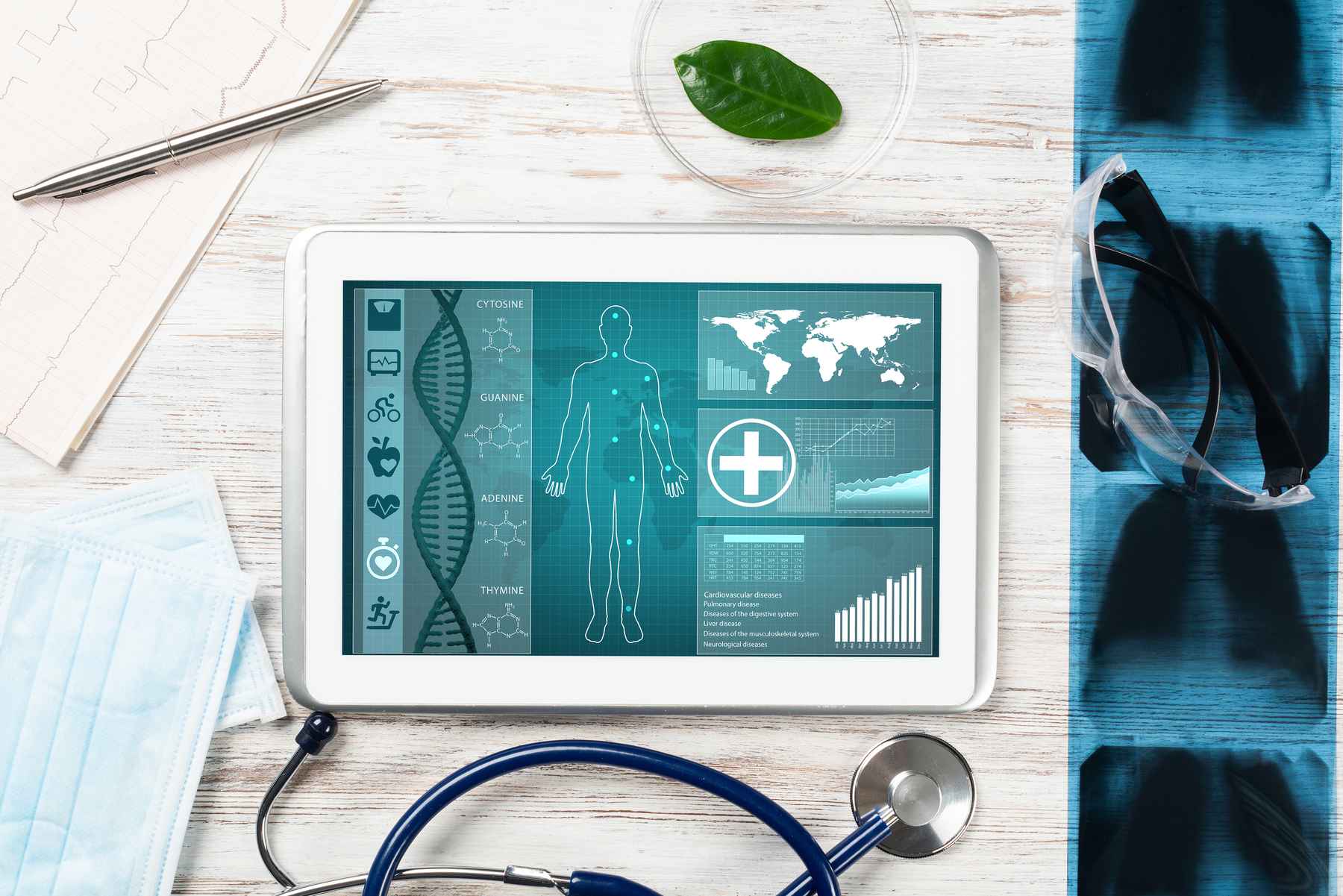Choosing a career in healthcare is a wise choice as it continues to grow regardless of the state of the economy. Most of that growth is from the healthcare IT sector. Because of that growth, which is as high as ten times more than the overall economy, there is a growing need for employees who are skilled in implementing and supporting the necessary systems.
Different Pathways
Once you have decided to pursue a technology career in healthcare, there is more than one road that can take you there. You may be in school preparing for your first career, or you may be transitioning from a related field.
Regardless of where you are coming from, most healthcare IT positions require a minimum of a Bachelor’s degree. An advanced degree, such as an MS in IT, an MSN, or an MBA is always helpful.
Transitions
Perhaps you are already working in a related field as an IT professional or as a clinician. If you are currently employed as a clinician, you may want to consider a transitional field such as service line analysis, clinical process improvement, or nursing informatics.
If you are making the transition as a non-clinical IT professional, you will need to develop two critical skills right out of the gate: recognize that your main focus is supporting the provider and the patient and familiarize yourself with the healthcare industry, particularly medical terminology.
Skill Sets
There are three main skill sets necessary to succeed in a healthcare IT position: clinical, technology, and processing. Let’s look at how they are utilized.
- Clinical Applications Analyst – Working as a liaison of sorts, you will connect the dots between clinicians, technologies, and patient care. You must be able to design, implement, and maintain clinical/business systems and teach others to do so.
- Clinical Informaticist – This is where healthcare meets information and computer science, so you must be detail oriented and have experience in data mining for the purpose of improving patient health outcomes.
- Quality Improvement Processor – Analyze, track, trend, and present healthcare effectiveness results to the Clinical Decision Quality Manager.
- Meaningful Use Business Analyst – You will need to be detail-oriented as you evaluate feature functionality in order to qualify for government incentives for your facility.
If you thrive in an environment where you continue to learn and adapt, the needs of healthcare IT may be right for you.





